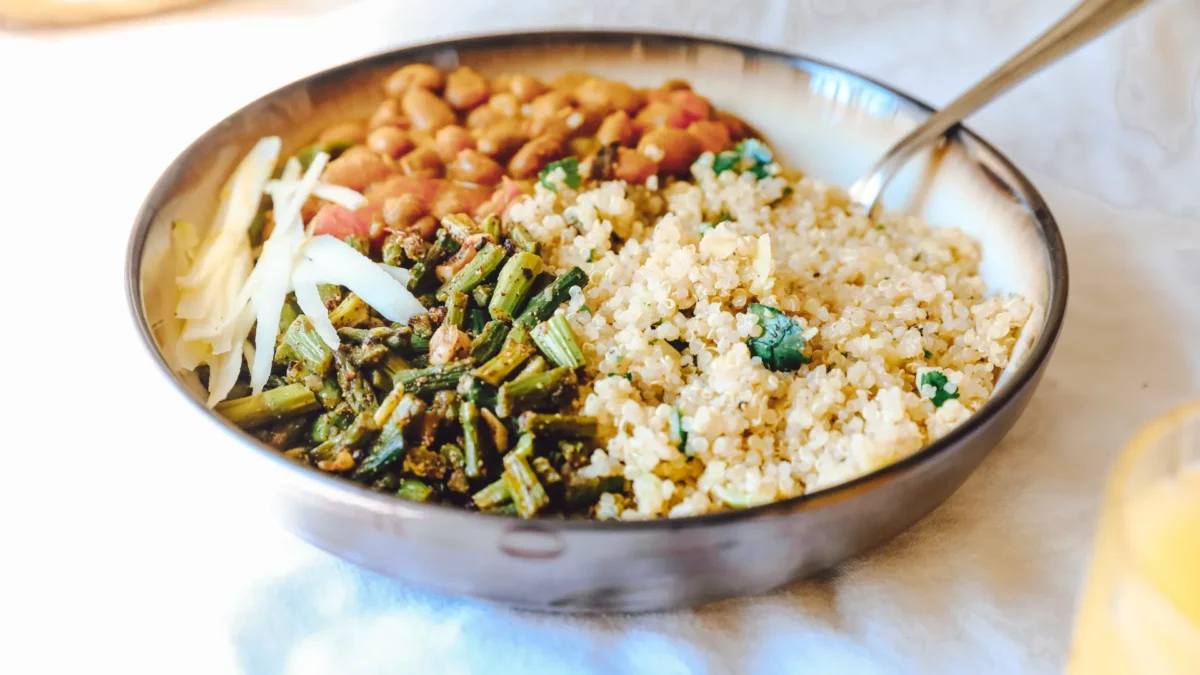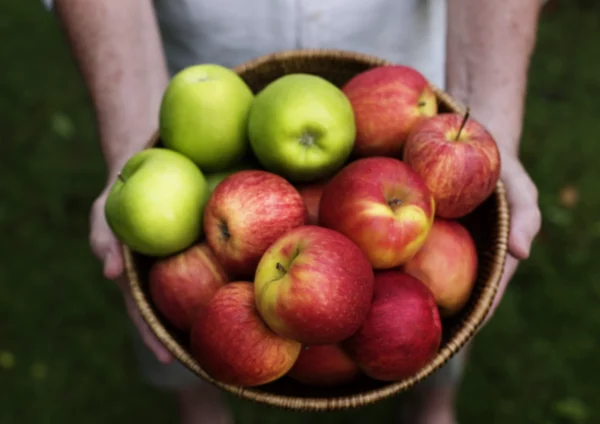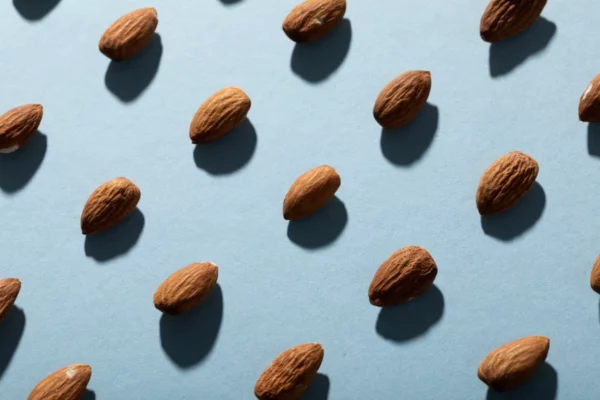Quinoa has gained popularity in recent years as a nutritious and versatile grain alternative. Packed with essential amino acids, fiber, and a variety of vital nutrients, quinoa offers numerous health benefits. Whether you’re seeking weight loss, following a gluten-free diet, or aiming to improve heart health, quinoa is a great choice to incorporate into your daily diet.
Importance of understanding quinoa’s nutrition facts and health benefits
One of the standout features of quinoa is its complete protein source, making it an excellent option for vegetarians and vegans. With high levels of dietary fiber, quinoa promotes healthy digestion, aids in weight management, and helps regulate blood sugar levels. It is also rich in heart-healthy fats, such as oleic acid.
Quinoa Nutrition Facts
Quinoa, a versatile and nutrient-packed grain, offers key nutrients and a plethora of health benefits.
- Excellent source of essential amino acids and complete protein source for vegetarians
- High Fiber content and its role in digestion and weight management
- Its a low-glycemic food
- Contains healthy fats and important vitamins and minerals like vitamin E
- In comparison to common cereals like white rice and brown rice, quinoa offers more protein, fiber, and a wider array of nutrients.
As with any nutritional information, it’s important to consult general nutrition advice and consider your individual dietary needs. The U.S. federal government websites and reputable sources can provide more detailed information on the nutritional value of quinoa and its impact on human health.
A one-cup (approximately 185 grams) serving of cooked quinoa typically contains around 5.18 grams of dietary fiber.
Health Benefits of Quinoa
- Gluten-free nature: Quinoa is naturally gluten-free, making it a safe choice for individuals with celiac disease or gluten intolerance.
- Low glycemic index: Quinoa has a low glycemic index, which helps regulate blood sugar levels and is beneficial for those at risk of diabetes.
- Heart health and blood pressure: Quinoa promotes heart health due to its high fiber content and presence of healthy fats, which can help lower cholesterol levels and maintain healthy blood pressure.
- Weight loss and management: Quinoa’s fiber and protein content contribute to feelings of fullness and can aid in weight loss and weight management efforts.
- Antioxidant properties: Quinoa is rich in antioxidants, which combat free radicals and reduce the risk of chronic diseases, such as heart disease and certain types of cancer.
Incorporating Quinoa into Your Diet
Incorporating Quinoa into your diet can be done quickly and easily by substituiing quinoa for other more common but less nutritous grains.
- Incorporate quinoa into your diet with delicious options like quinoa salads and grain bowls, using it as a rice substitute in stir-fries and pilafs, or incorporating quinoa flakes into breakfast cereals and baking.
- Look for quinoa-based products in your local grocery stores, such as quinoa pasta, crackers, and snacks, to easily incorporate this nutritious grain into your meals.
- Tips for storing and preparing quinoa: Store quinoa in an airtight container in a cool, dry place, and rinse it before cooking to remove any bitterness. Follow the package instructions for cooking times and ratios of water to quinoa to achieve the desired texture.
Considerations for Specific Dietary Needs
Incorporating quinoa into your diet brings various considerations for specific dietary needs.
- Firstly, for vegetarians and vegans, quinoa serves as an excellent plant-based protein source. It contains all nine essential amino acids, making it a complete protein and an ideal choice for those seeking to meet their protein requirements without relying on animal products.
- Secondly, quinoa is a gluten-free grain, making it suitable for individuals with gluten sensitivity. It provides a wholesome alternative to traditional grains like wheat, barley, and rye, offering a range of nutrients without triggering adverse gluten-related reactions.
- Lastly, quinoa’s high fiber content promotes digestive health, aiding in proper digestion, regular bowel movements, and overall gut well-being.
Further Exploring Quinoa’s Potential
Quinoa’s potential goes beyond its nutritional value and health benefits. With its adaptability and versatility, there is room for further exploration in various aspects.
In the culinary world, chefs and home cooks continue to experiment with quinoa, incorporating it into innovative recipes and dishes, showcasing its unique texture and flavor. Additionally, research and development efforts are underway to expand quinoa’s applications, such as in the production of gluten-free snacks, beverages, and alternative flours.
Moreover, the sustainable cultivation of quinoa and its long shelf life holds promise for addressing global food source security challenges and promoting agricultural diversity. By continually exploring quinoa’s potential, we can uncover new ways to maximize its benefits and embrace its valuable contribution to our diets and the environment.
Conclusion
In conclusion, quinoa stands as a nutritional powerhouse with numerous health benefits. Its impressive nutrient profile, including protein, fiber, vitamins, and minerals, makes it a valuable addition to any diet. Quinoa’s role in supporting weight management, heart health, and blood sugar control cannot be overlooked. Moreover, its gluten-free nature caters to those with gluten sensitivities. As a versatile ingredient, quinoa can be enjoyed in a variety of dishes, from salads to stir-fries and even desserts. By incorporating quinoa into a balanced diet, individuals can enhance their overall well-being and enjoy the wholesome benefits this ancient grain has to offer.
To enjoy the full benefits of quinoa, aim for at least one serving of this nutritious grain in your daily meals. Whether you opt for white, red, or black quinoa, each variety offers a slightly different flavor and texture. Quinoa’s long shelf life and easy cooking process make it a convenient and nutritious addition to your pantry.









